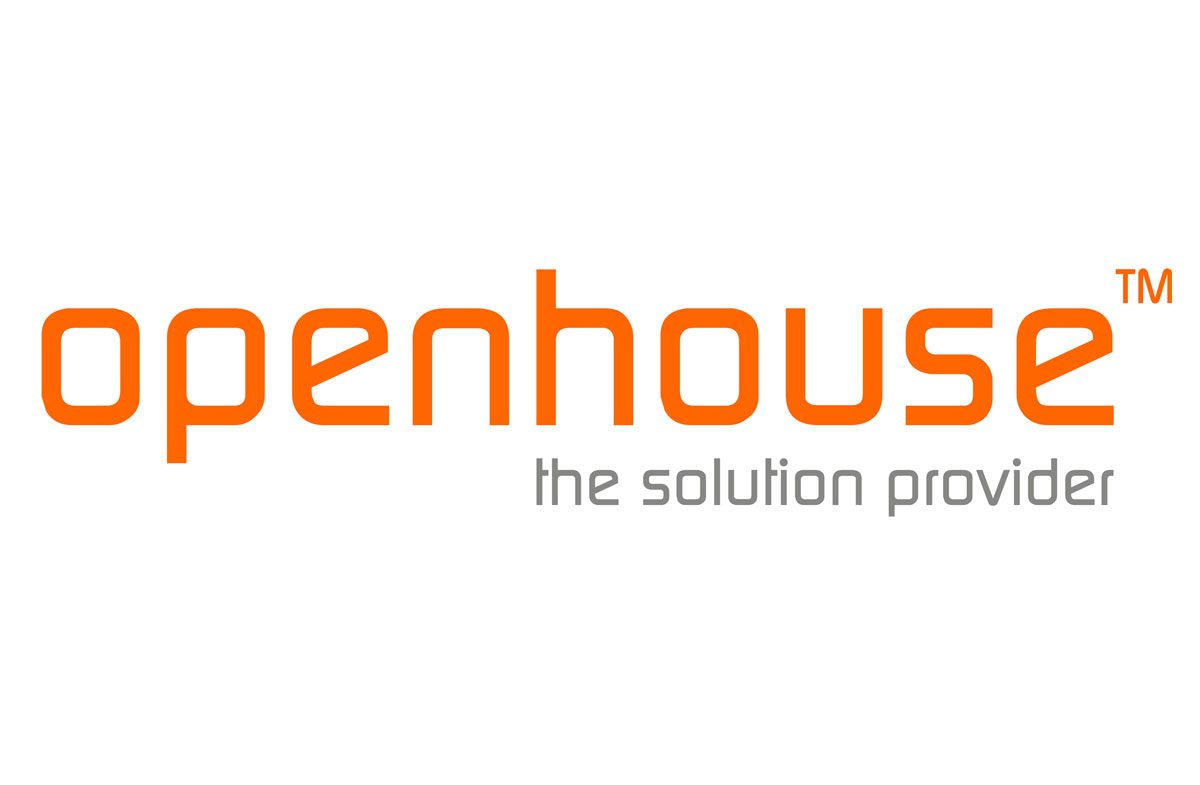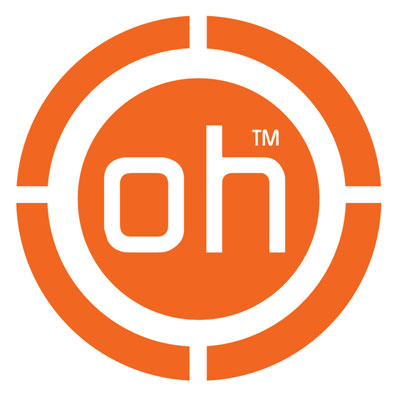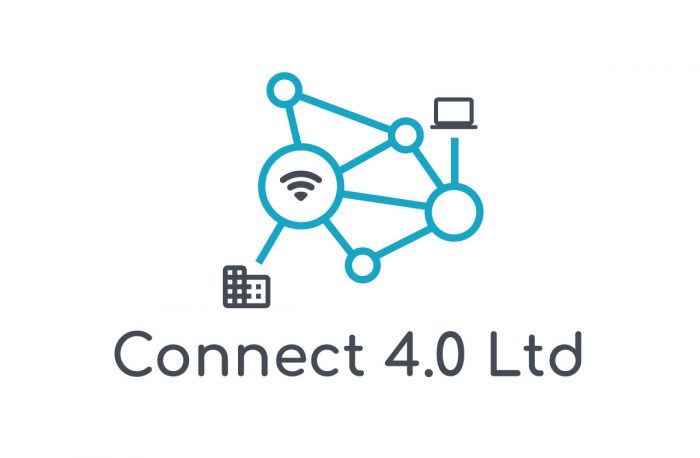Openhouse Products Ltd
Wirral-based textile specialist Openhouse Products have a passion for bespoke solutions and innovative designs that has continued to grow over the last twenty-eight years. The company create custom bags and made to order products for the health industry including the emergency services and the NHS.
The company’s products are designed for comfort and durability in demanding situations, such as carrying large quantities of medicine and equipment, ensuring their customers can complete any task confidently with a high quality, durable carrying product that is fit for purpose.

Approaching LCR 4.0
Openhouse wanted to explore the potential of virtual prototyping and the application of augmented reality (AR) as a way of customising its products and enhancing customer interaction.
Through LCR 4.0, the Liverpool City Region Local Enterprise Partnership (LEP) introduced Openhouse to delivery partner, the Virtual Engineering Centre (VEC). This enabled the company’s design, manufacturing and sales teams to explore how existing computer-aided design (CAD) assets could be used as a basis for digital innovation across the business.
Partner Support
Openhouse currently use concept drawings as a sales and design tool created using hand drawing and Photoshop. Using the latest digital infrastructure, the VEC developed a highly customisable 3D model of an existing bag used by ambulance personnel.
This enabled Openhouse to make quick and easy changes to their designs whilst also being able to demonstrate the value and features of their product to customers from around the world.
The VEC then produced a tablet-based augmented reality demonstrator, using a suitable and easily accessible Android or iOS platform, that illustrates how clients could interact with a virtual product and explore easy customisation options for a variety of colours, buckles and zippers, showcasing the full value for each product.
Results
In addition to exploring the impact of AR, Openhouse formulated an ambitious plan to digitalise the existing catalogue of over 2,900 products. The VEC hosted a dedicated ‘Digitalisation Sandpit’ to help the company determine how its design team could combine their skills with new software to produce a full library of virtual models. The result was a ‘Digital Design Catalogue’ which can now be used to plan how the company will further digitalise its operations and showcase its product offering to clients easily and effectively.
Working with the Virtual Engineering Centre through the LCR 4.0 project has been extremely beneficial for us. We have widened our horizon to additional digital tools, which will not only be deployed effectively by ourselves, but also by our customers, improving their journey with us. By enhancing our product development stage, we will gain a huge advantage over competitors within the market.
Openhouse Director, Sam Proctor
Working to the Future
Openhouse is now looking to embrace the full potential of its Microsoft Dynamics Enterprise Resource Planning (ERP) system. By creating full 3D models of all of the R&D departments’ work and combining this with the use of affordable QR codes, Openhouse plans to digitalise its production line and stock control. It also plans to integrate this information with its existing CNC cutting machines.
By fully exploiting 3D modelling technology, the company can provide a 3D pattern for use by both human and computer-controlled machines. This builds on the company’s existing reputation for quality and customer service by using Industry 4.0 technologies of virtual prototyping, smart sensors and system integration, to augment and enhance their manufacturing process.
The company’s vision is to provide customers with access to its entire product catalogue on a handheld desktop and allow for those orders to be instantaneously deployed for production.



![LCR4 QR Image[64]](https://lcr4.s3.eu-west-1.amazonaws.com/app/uploads/2022/09/LCR4-QR-Image64-700x458.png)